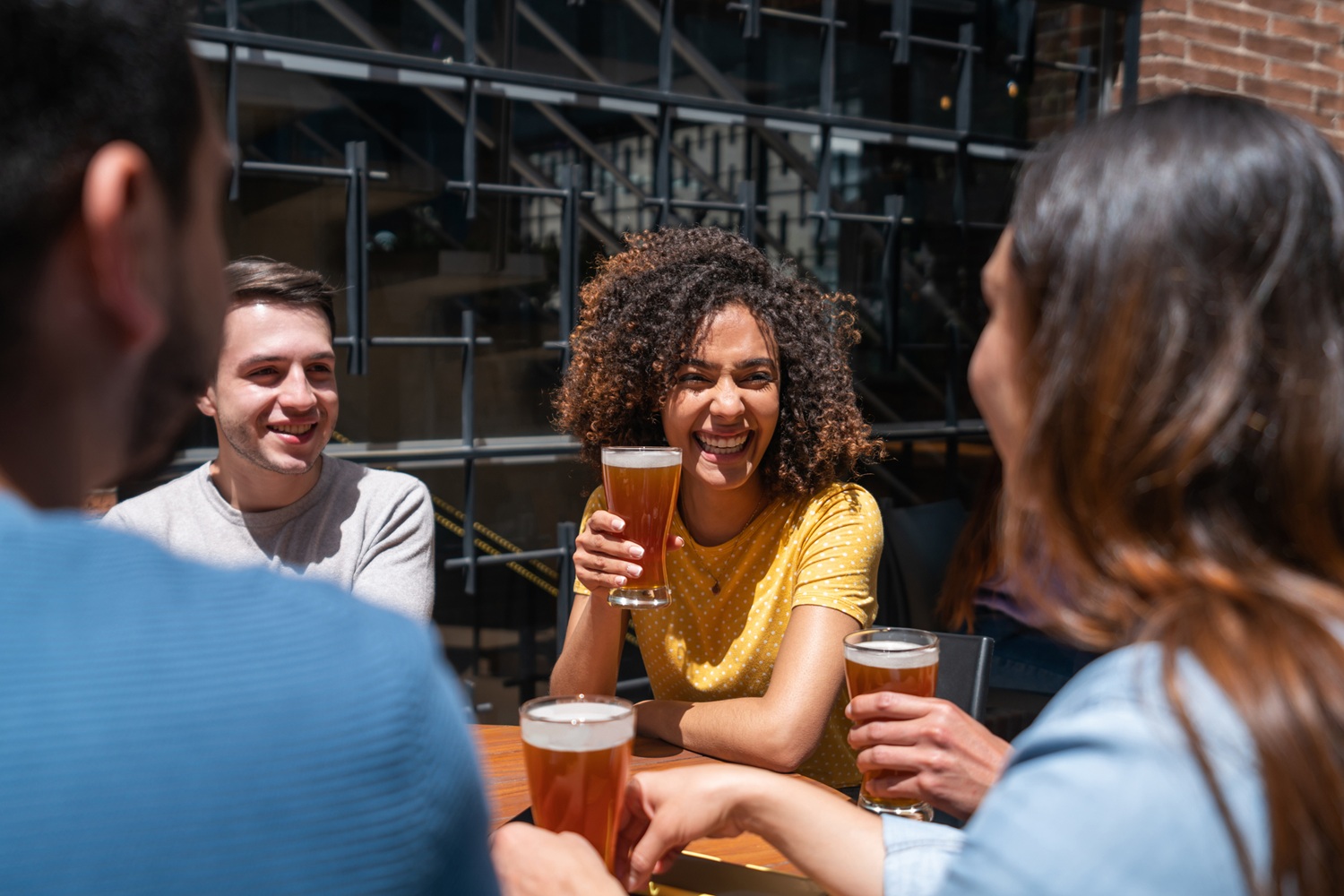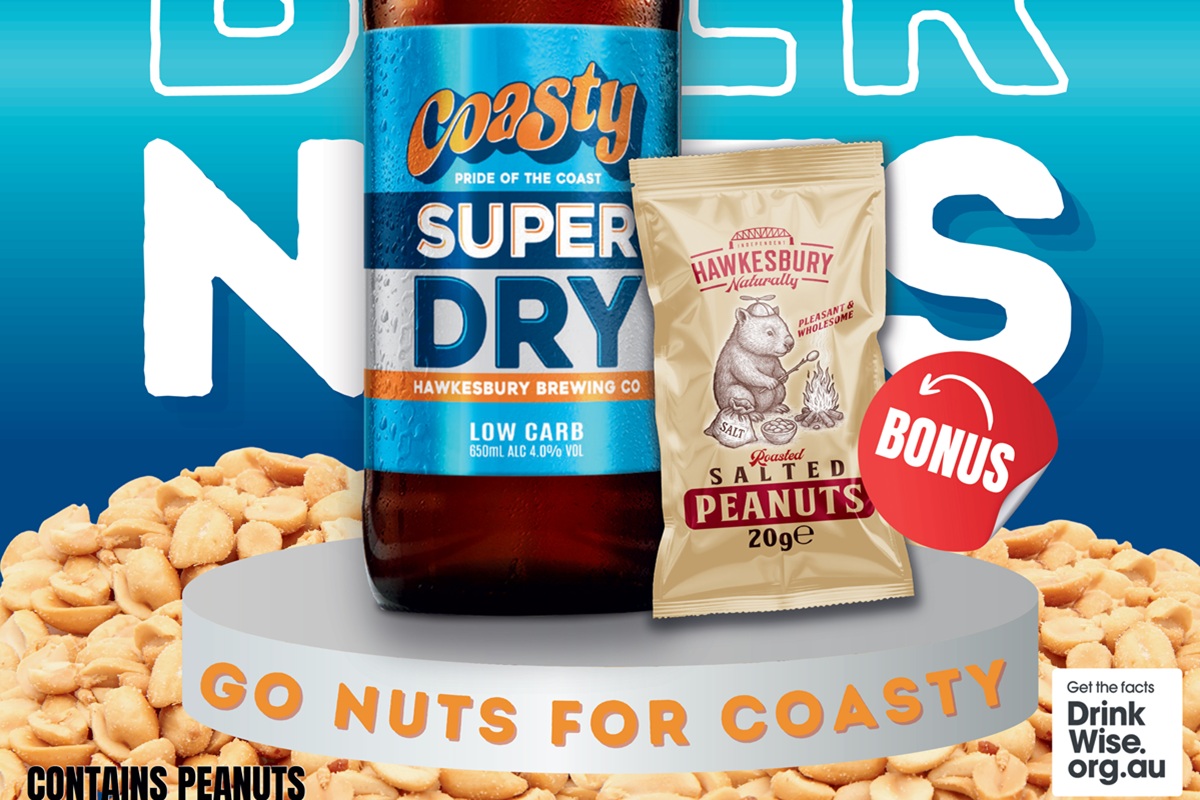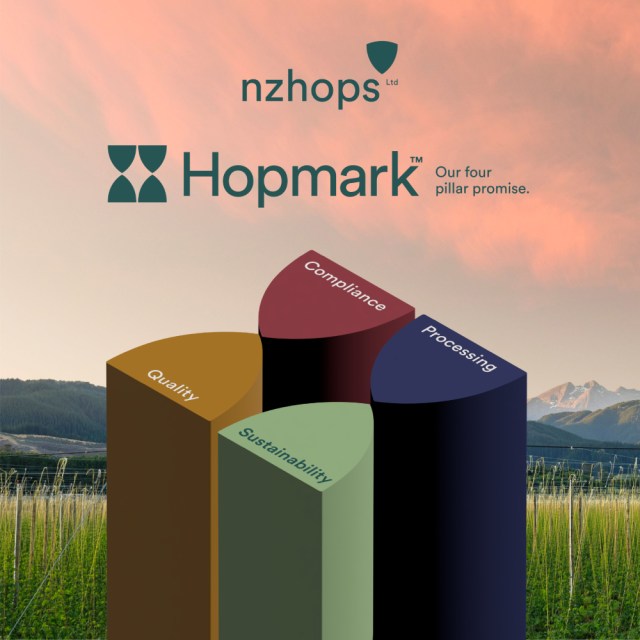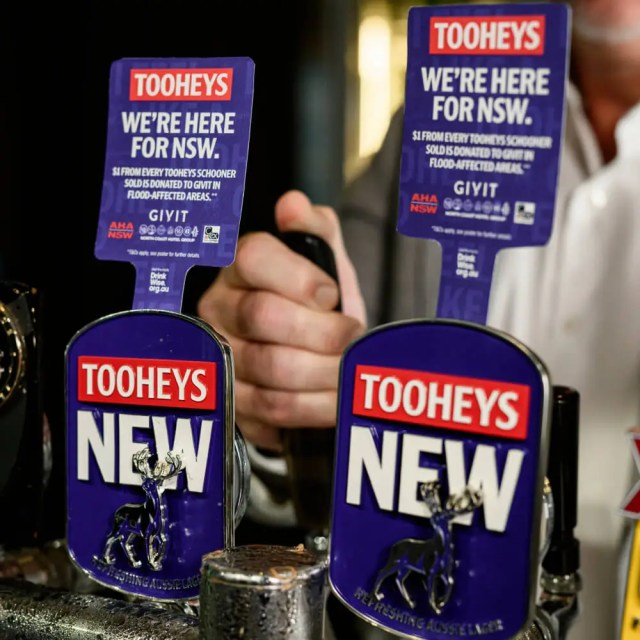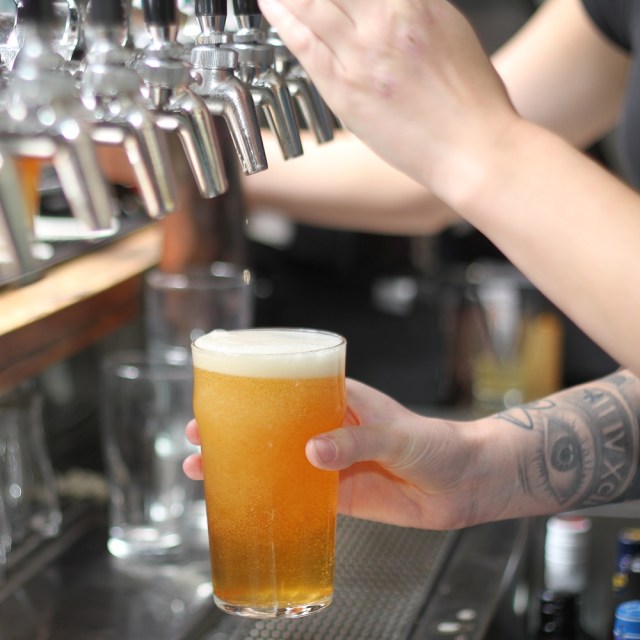
Safer drinking campaigners DrinkWise and the Endeavour Group are to showcase zero, low and mid-strength alcohol options and their benefits in an awareness trial that will be piloted in a Queensland BWS store before being rolled out nationally in select Dan Murphy’s and BWS bottle shops. As well as highlighting the increase in availability of lower alcohol options on the market, the trial will include in-store collateral to encourage buyers to consider lower strength options.
The program comes after DrinkWise canvassed 3,000 Australians and found that while alcohol consumption during COVID remained the same or decreased for the majority of respondents, 31 per cent of those classed as “risky drinkers*” increased their intake and they were more likely to be people aged between 18 and 44. The research also found that 35 per cent of respondents in that same age bracket would conceal that they’re abstaining from alcohol or choosing to consume lower strength options.
But with the study showing 32 per cent of respondents had reduced their alcohol consumption by using low and non-alcoholic options, and half of the ones deemed “risky drinkers” open to trying them, DrinkWise sees the partnership with Endeavour as having the potential to make a positive impact on healthier drinking choices.
“(The research showed) almost six out of 10 alcohol drinkers aged 18-to-24 are looking to cut down their alcohol consumption. This research highlights the positive impact that zero, low and mid strength products can have in helping to reduce alcohol consumption, which is why we’re working with Dan Murphy’s and BWS to raise awareness of, and improve access to, lower strength and zero alcohol products,” DrinkWise CEO Simon Strahan said.
Endeavour’s CEO Steve Donohue said: “We are seeing an acceleration in the recent trend of customers seeking more ways to moderate their drinking, and this has corresponded with a steady rise in the number of people purchasing lower and zero alcohol options”.
A Queensland BWS store was chosen to host the pilot program as another DrinkWise study found people in the Sunshine State are more likely to be drinking alcohol at risky levels than the national average (34 per cent versus 28 per cent). That study found 58 per cent of respondents from Queensland agreed that providing access to lower strength and zero alcohol products would allow consumers to take greater control of their drinking choices.
*The research classed a risky drinker as someone who consumes 10 or more standard drinks a week or more than four standard drinks during a single day.




